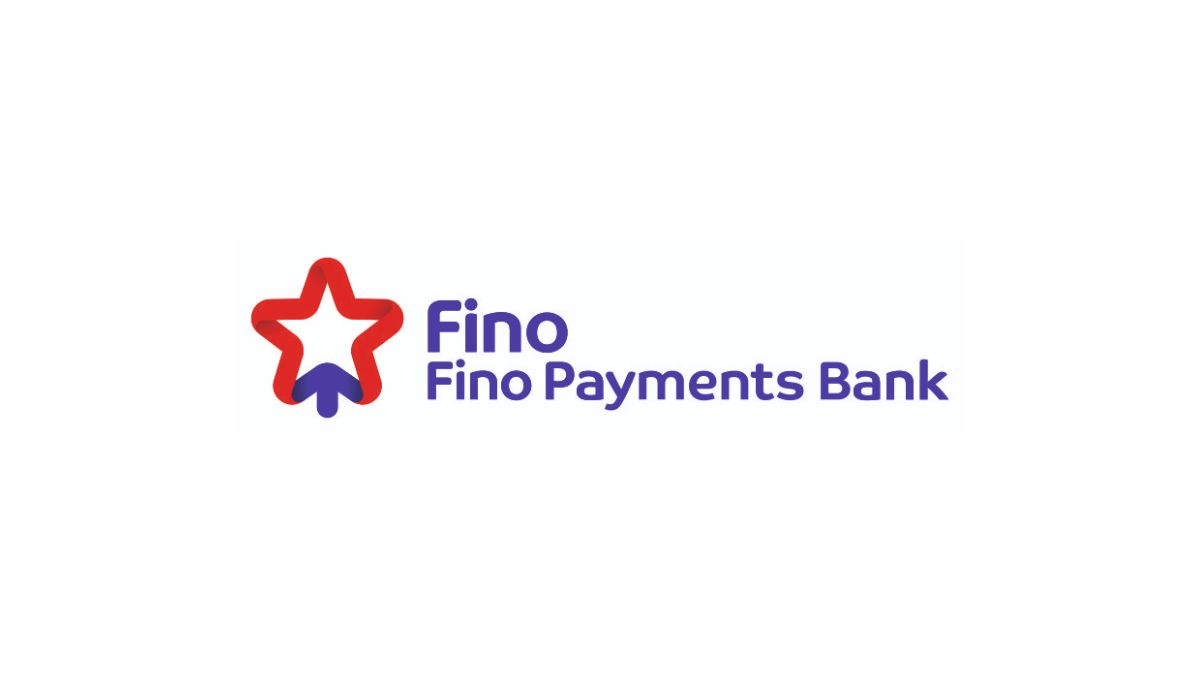Fino Payments Bank shares surged nearly 14% on Tuesday on the back of strong trading volumes and renewed optimism surrounding its small finance bank (SFB) conversion plan. The stock saw heavy buying interest through the morning session, indicating a sentiment shift among investors.
The immediate trigger for Tuesday’s sharp upmove is the significant surge in trading volumes, which lifted the stock by double digits. The high turnover indicates aggressive accumulation and strong market participation on the buy side.
RBI likely to approve SFB conversion by March 2026
Earlier, a report suggested that the Reserve Bank of India (RBI) is likely to approve Fino Payments Bank’s application for conversion into a small finance bank by March 2026.
The development is crucial because the SFB model offers a more sustainable and profitable operating structure compared to payments banks.
A source cited in the report noted that Fino’s:
-
Capital position is sound
-
Profitability remains intact
-
Promoters meet ‘fit and proper’ criteria
This has fueled expectations that the regulator is inclined to grant approval.
3. Fino meets key SFB eligibility norms
As per RBI guidelines, SFB applicants must meet conditions including:
-
Minimum CRAR of 15%
-
Promoter holding capped at 40% within five years
-
Compliance with governance and ‘fit and proper’ norms
Fino Payments Bank already has:
-
Capital adequacy ratio of 75.8% (June-end)
-
Promoter shareholding at 75%
The bank applied for an SFB licence in late 2023, and has since been in regular engagement with the RBI.
4. Management commentary has reinforced expectations
In May, CEO Rishi Gupta said the bank was “hoping” to receive approval within a few months and that “a lot of engagement” with the RBI had taken place. Investors appear to be pricing in an increasingly favourable regulatory outcome.
5. Payments bank model no longer viable
According to former RBI Deputy Governor R. Gandhi, the payments bank model has structurally weakened due to:
-
The rise of UPI
-
Demonetisation
-
Rapid digital adoption reducing remittance revenue
He emphasised that payments banks “cannot sustain in their current state” and must be allowed to convert into SFBs, making such conversion a necessity, not optional.


